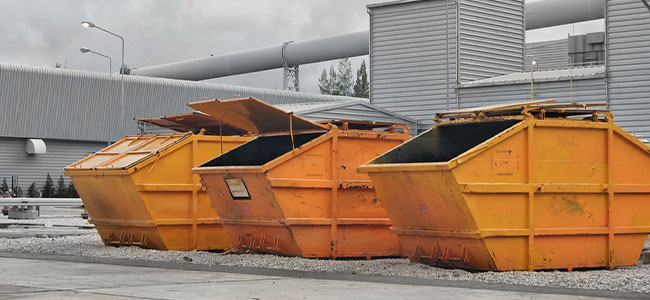
The Doctor of Occupational Safety and Health program aims to help safety managers leverage safety statistics and research to better protect workers. Dr. Dan Corcoran, the Academic Program Director of Occupational Safety and Health and Environmental Management at CSU, joins the podcast to discuss the new program.

The new report aims to uncover and combat the worst forms of child labor.

The funding aim to prepare a diverse workforce for high-demand positions.

The agency is prioritizing on-site support in Florida's hardest-hit areas.

The public is invited to participate in the virtual meeting, which will cover best practices and regulatory updates.

The company is hit with penalties amounting to $484,401.

The firm is looking at penalties totaling $82,149.

Sealed Tight Roofing Inc. faces $84,379 in penalties after failing to ensure safety measures.

Workers face severe health risks from silica dust exposure.

The company was hit with $245,546 in proposed penalties.